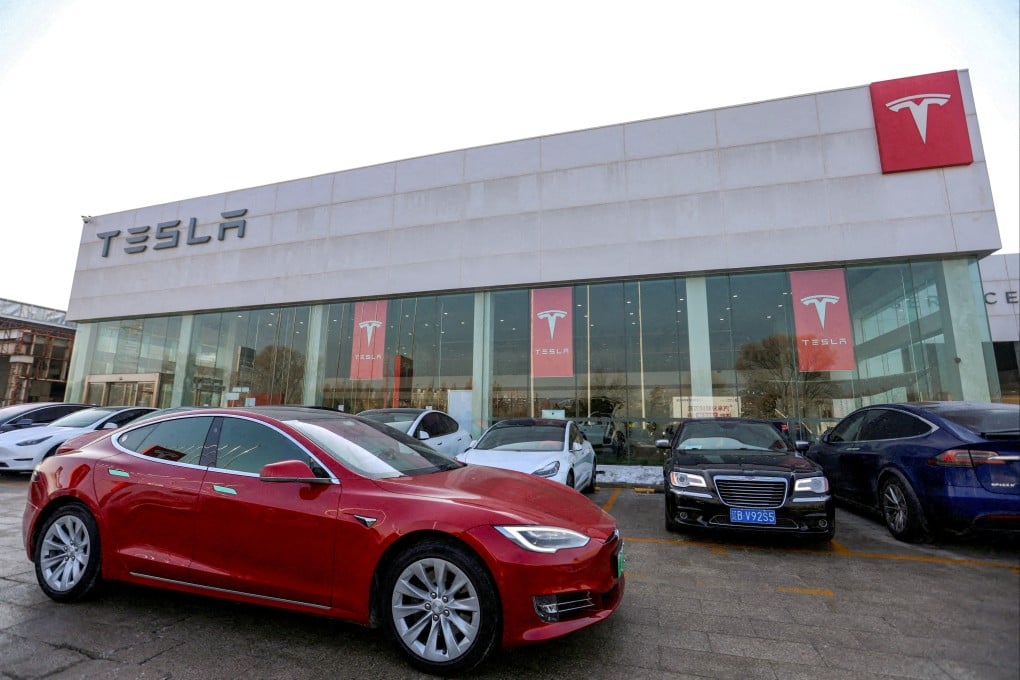My Take | Everything Chinese is a national security threat to the United States
- After the battles over 5G, social media and advanced microchips, Chinese electric cars are the new front line of US economic warfare

Like any environmentally correct person in North America, I was toying with the idea of buying a Tesla to replace my beat-up eight-year-old Honda. While doing some research, this came up and suddenly everything makes sense. Its website says: “Tesla never sells or rents your data to third-party companies. This includes your personal data and driving history. We only share information about you, your products or how you use them with your approval.”
Approval? I guess that’s in the fine print you might easily miss.
Rather than just being a car company, Tesla is more like a tech and social media firm that endlessly sucks up data about you with your vehicle serving as their platform. The United States doesn’t have something like the European Union’s general data protection regulation (GDPR). But I am sure Tesla does very honourable things with your data.
Call me slow but now I understand what anti-China hawks such as US Commerce Secretary Gina Raimondo was talking about early this month. Speaking on MSNBC, she said: “Imagine a world in which there are a million, for example, millions of cars, Chinese cars on US roads, collecting this data every minute of every day on millions of Americans and sending that back to Beijing.”
The Biden administration has directed her department to investigate the national security threats posed by Chinese-made smart cars. “We’re taking this very seriously. I mean, as you point out, I’m already quite nervous about it,” she added.
Elsewhere last month, Raimondo hypothesised that the Chinese could just disable all those cars on American roads by pressing a button. Now we know where she got the idea: Elon Musk, a major Pentagon contractor.
